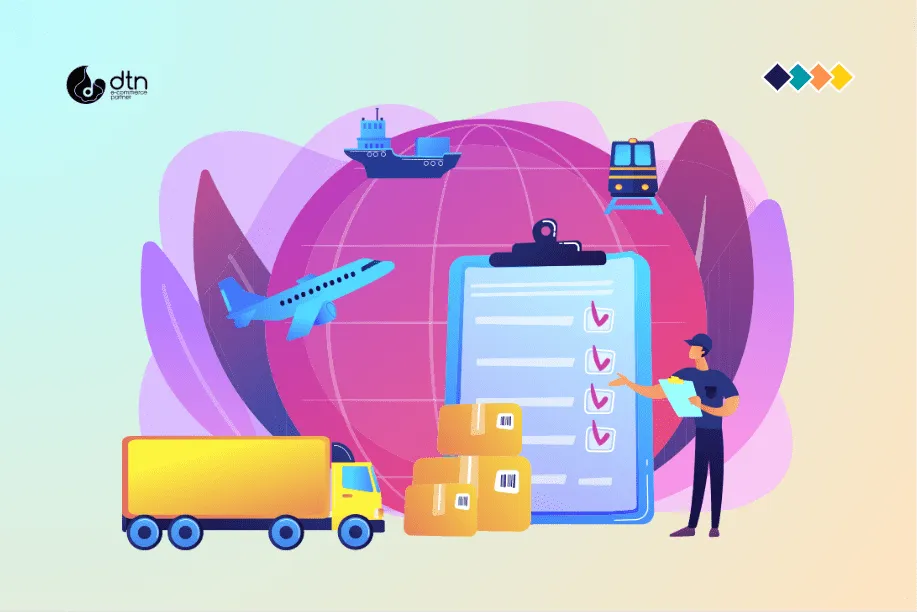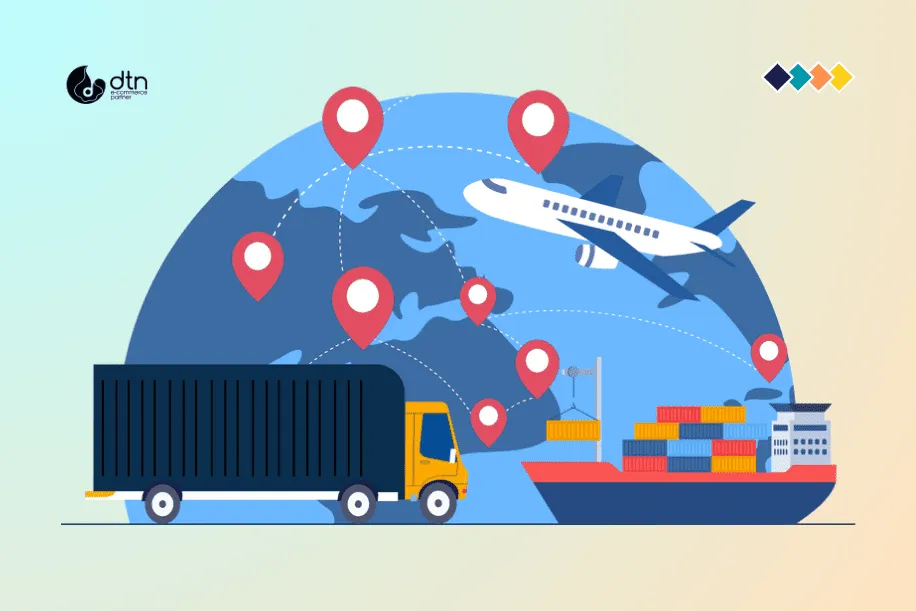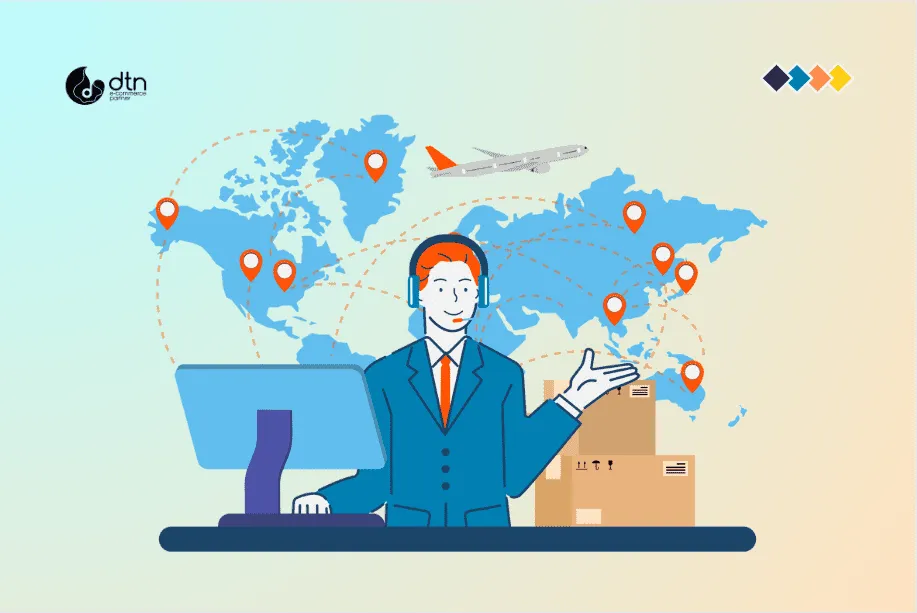For e-commerce businesses looking to expand their reach beyond domestic borders, international shipping presents a unique set of challenges. From navigating customs regulations to ensuring timely and cost-effective delivery, the logistics involved can be daunting. In this comprehensive guide, we’ll delve into the intricacies of Logistics for International Shipping in E-commerce, providing you with the knowledge and strategies to streamline your operations and delight your global customers.
Table of Contents
1. Understanding Customs Regulations
Before embarking on international shipping, it’s crucial to familiarize yourself with the customs regulations of the destination countries. These regulations vary significantly and can impact the documentation required, duties and taxes imposed, and the overall clearance process. Failure to comply with customs regulations can result in delays, penalties, or even the seizure of your goods.

2. Choosing the Right Shipping Method
The choice of shipping method depends on several factors, including the size and weight of your products, the desired delivery time, and the cost. Common options include:
- Air Freight: Fast but expensive, suitable for smaller and time-sensitive shipments.
- Ocean Freight: Cost-effective for large or heavy shipments, but with longer transit times.
- Courier Services: Provide door-to-door delivery, often with tracking and insurance options.

3. Packing and Labeling
Proper packing and labeling are essential to ensure the safe and efficient transport of your goods. Use sturdy packaging materials, secure your products adequately, and clearly label the packages with the following information:
- Sender and recipient addresses
- Contents of the package
- Value of the goods
- Harmonized System (HS) code

4. Documentation
International shipping requires a range of documentation, including:
- Commercial Invoice: Provides details of the goods being shipped, their value, and other relevant information.
- Packing List: Lists the contents of each package, including the quantity, weight, and dimensions.
- Certificate of Origin: Is a document that verifies the country where goods originated.
- Other Documents: Depending on the destination country, additional documents may be required, such as sanitary certificates or import permits.

5. Cost Considerations
International shipping costs can vary significantly based on the shipping method, destination, and weight of the shipment. It’s important to factor in the following costs:
- Freight Charges: The cost of transporting your goods.
- Duties and Taxes: Imposed by the destination country on imported goods.
- Customs Clearance Fees: Charges for processing your shipment through customs.
- Insurance: Is essential to safeguard your goods against loss or damage while in transit.

6. Tracking and Delivery
Once your shipment is on its way, it’s essential to track its progress and communicate with your customers about the expected delivery date. Many shipping carriers provide online tracking tools, and you can also consider using third-party tracking services for real-time updates.

7. Returns and Refunds
International returns can be more complex and costly than domestic returns. Establish clear policies for handling returns and refunds, and consider partnering with a logistics provider that offers return shipping services.

8. Partnering with a Logistics Provider
For businesses with high volumes of international shipments, partnering with a reputable logistics provider can streamline operations and reduce costs. Logistics providers can handle all aspects of shipping, from customs clearance to delivery, providing you with peace of mind and allowing you to focus on other aspects of your business.

Conclusion
Navigating the complexities of international shipping logistics in e-commerce requires careful planning, attention to detail, and a comprehensive understanding of customs regulations. By following the strategies outlined in this guide, you can optimize your shipping operations, reduce costs, and enhance the customer experience for your global customers. Remember, the key to successful international shipping is to stay informed, be proactive, and partner with reliable service providers.
Frequently Asked Questions
We’ve compiled a list of answers to common questions.
What are some common challenges businesses face when shipping internationally?
Businesses often encounter challenges such as navigating complex customs regulations, choosing the right shipping method, managing documentation requirements, and dealing with fluctuating costs and delivery times.
How can businesses ensure compliance with customs regulations when shipping internationally?
To ensure compliance, businesses should thoroughly research and understand the customs regulations of each destination country, maintain accurate documentation, work with experienced customs brokers if necessary, and stay informed about any updates or changes to regulations.
What are some strategies for reducing shipping costs when shipping internationally?
Strategies for reducing shipping costs include optimizing packaging to minimize weight and dimensions, negotiating volume discounts with shipping carriers, consolidating shipments to take advantage of economies of scale, and exploring alternative shipping methods or routes.
How important is tracking and communication in international shipping?
Tracking and communication are crucial in international shipping to provide visibility into the shipment’s status, manage customer expectations, address any issues or delays proactively, and ultimately ensure a positive customer experience.
What role do logistics providers play in international shipping for e-commerce businesses?
Logistics providers play a critical role in international shipping by offering expertise in navigating customs regulations, managing documentation and compliance requirements, providing access to a network of carriers and transportation modes, and ensuring timely and efficient delivery of shipments.



